- Overview
- Symptoms
- Causes & Risks
- Diagnosis
- Types
- Major Depressive Disorder
- Treatment
- Antidepressants
- Treatment-Resistant Depression (TRD)
- Living With
- Recovery & Relapse
- Complications
- Caregiving & Support
- Appointment Prep
- View Full Guide
Surprising Depression Symptoms in Men

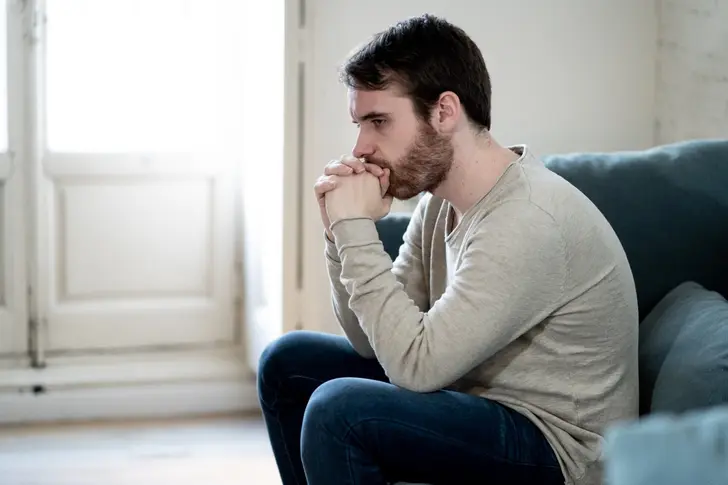
Hidden Depression in Men
Depression in men often goes unrecognized. Men may not fit the typical picture of depression, and they may mask depression with unhealthy behaviors. Many men don't want to admit that something may be wrong or talk about their feelings. Older men may think their symptoms are just normal aging. Here's what to look for and how to get help.
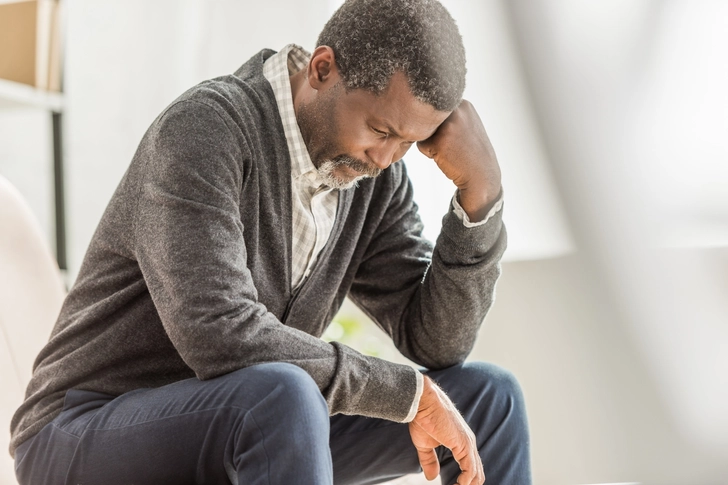
Increased Irritability and Anger
Women tend to be sad and emotional when they have depression. Men, on the other hand, may be irritable, aggressive, and sometimes hostile. They might voice frequent complaints, be impatient with loved ones, or be overly critical. In older men, this might be dismissed as age-related grumpiness rather than depression.
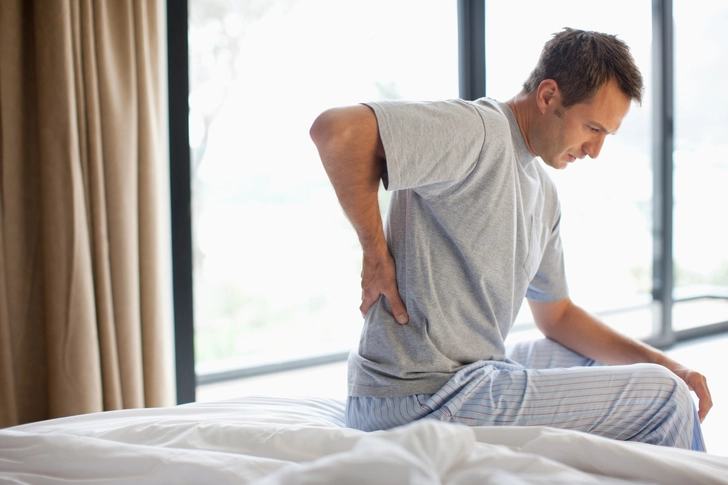
Physical Aches and Pains
Depression affects your body as well as your mind. Men who are depressed might complain of headaches, back pain, joint aches, digestive problems, or other unexplained discomforts. When men do seek treatment, they're more likely to see their doctor about physical symptoms, such as feeling tired, rather than symptoms related to emotions.
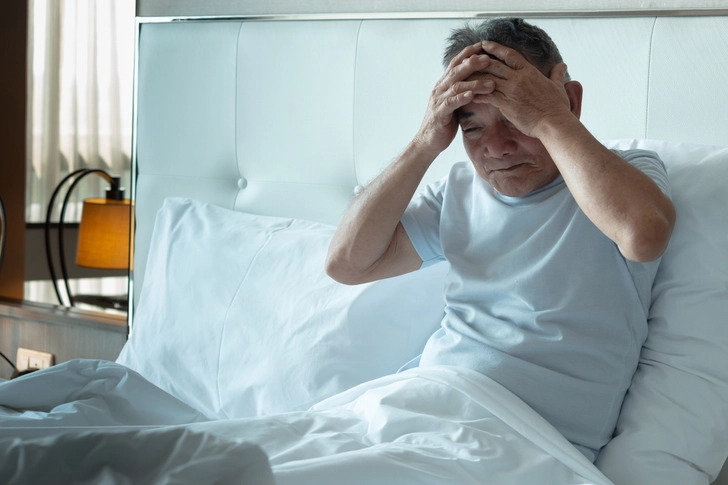
Sleep Disturbances
Trouble sleeping can be a sign of depression. Someone who is depressed may have difficulty falling asleep, staying asleep, or they may sleep too much. This can be worse in older men since it's common for people to find they don't sleep as well as they age. A doctor can recommend an antidepressant that helps with sleep, melatonin, or other treatment for sleep problems.
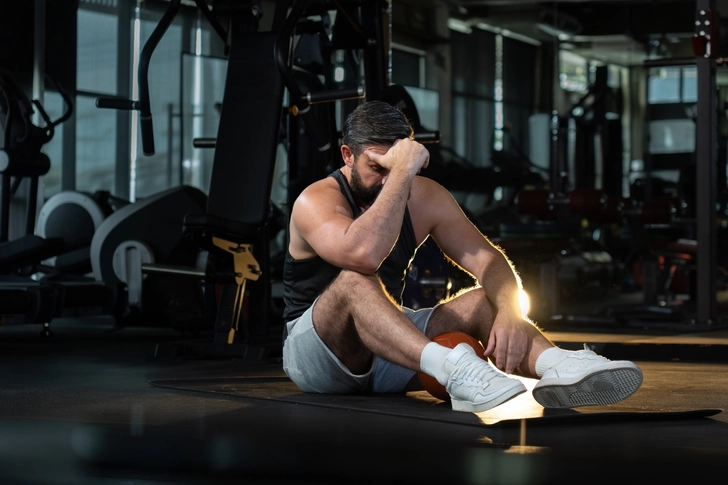
Loss of Interest in Activities
Depression can cause men to lose interest in activities they once enjoyed. Hobbies, sports, or social events may no longer appeal to them. They might withdraw from community involvement or religious activities that were once important. This loss of interest is often gradual, making it more difficult to recognize it as a possible sign of depression.

Changes in Sex Drive
Depression in men can affect sexual desire and performance. They might have erectile dysfunction or low sex drive. These can also be a side effect of some antidepressants and other medications. It can be hard for men to talk about these issues, but it's important to speak to a doctor so they can help.
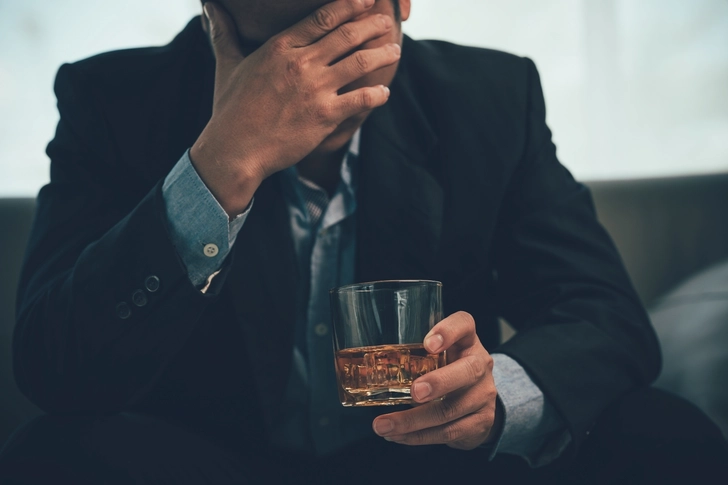
Increased Drinking
Many men with depression turn to alcohol as a form of self-medication. They might drink more or more often. This behavior can lead to alcohol abuse problems, making treatment more challenging. Increased alcohol use in older men is often overlooked or accepted as a normal part of retirement or coping with life changes.
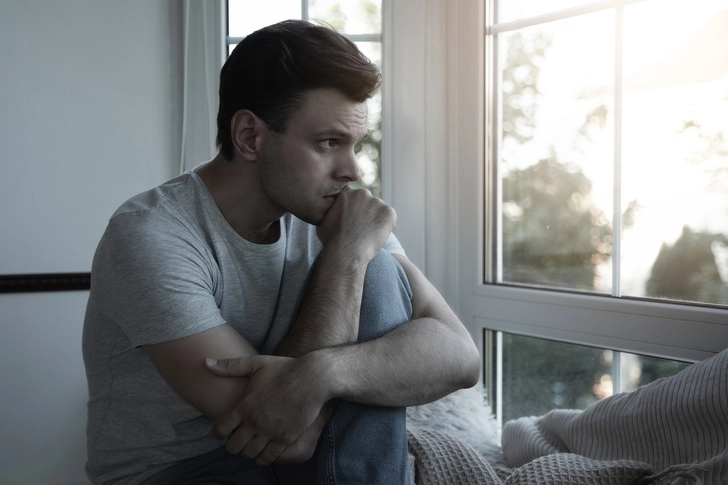
Social Withdrawal and Isolation
Men with depression might avoid friends, family gatherings, or community events. This isolation can be gradual, with men making excuses to skip social engagements. They may prefer to spend time alone, disconnecting from their support network. This behavior can be mistaken for a natural desire for solitude in aging, rather than a symptom of depression.
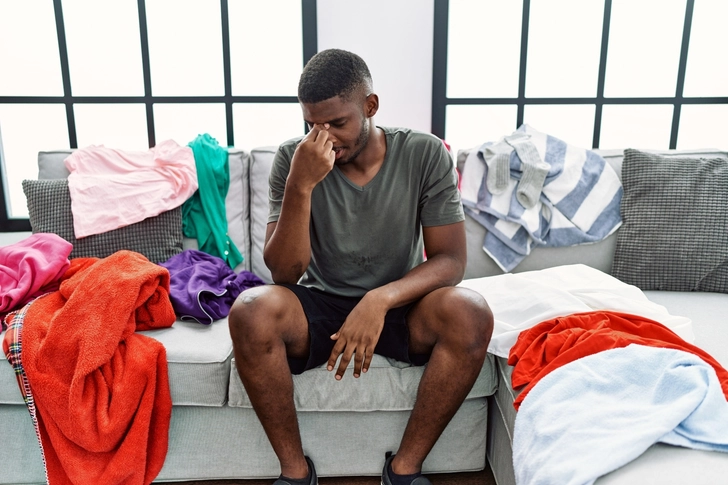
Neglect of Personal Care
A sudden lack of interest in personal grooming or appearance can signal depression. Men might stop shaving regularly, neglect personal hygiene, or wear the same clothes for days. This change can be particularly noticeable in men who were previously well-groomed. It often reflects a deeper loss of self-esteem and motivation, rather than laziness or forgetfulness associated with aging.
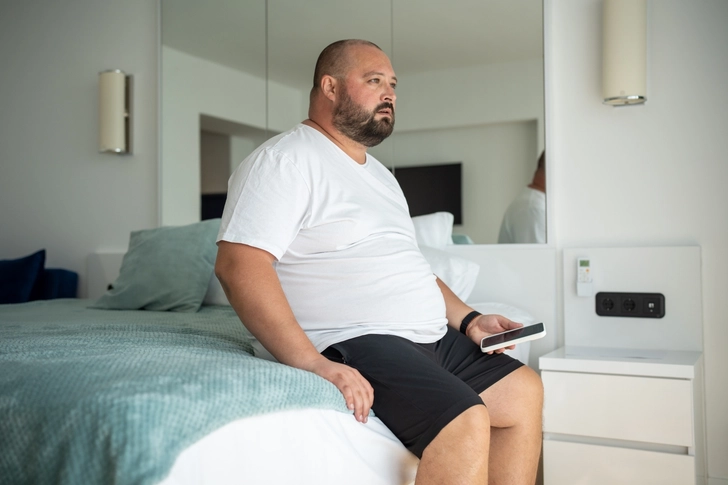
Difficulty With Daily Tasks
Depression can make routine tasks seem overwhelming. People might struggle with basic activities like paying bills, maintaining their home, or keeping up with personal correspondence. This difficulty is often mistaken for cognitive decline or physical limitations due to aging. But it can be a sign of depression affecting motivation and energy levels.
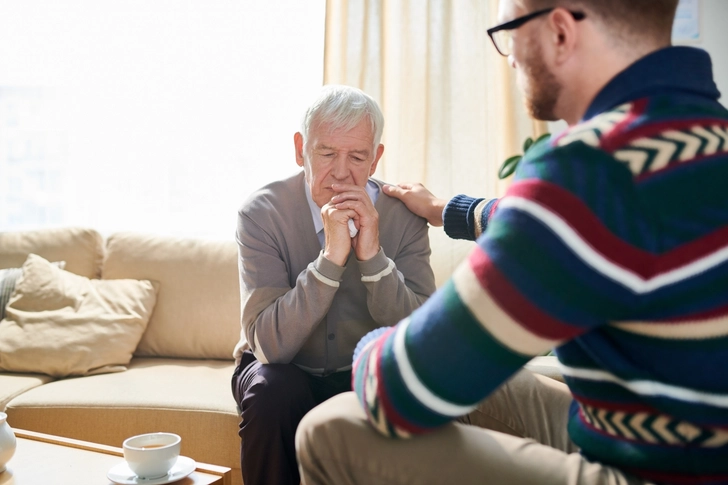
How to Help Someone With Depression
If you think a man in your life is experiencing depression, you can help them by encouraging them to get treatment. You can look up mental health services in your area, or suggest they call their doctor. More than 80% of people with depression, both men and woman, can be treated successfully with antidepressant medication, psychotherapy, or a combination of both.
PHOTO CREDITS:
Slide 1 - SB Arts Media/Shutterstock
Slide 2 - LightField Studios/Shutterstock
Slide 3 - Shutterstock
Slide 4 - Aunchalee luawan/Shutterstock
Slide 5 - PlNA/Shutterstock
Slide 6 - iStock/Getty Images
Slide 7 - Mr. Ashi. Sae Yang/Shutterstock
Slide 8 - My Ocean Production/Shutterstock
Slide 9 - Krakenimages.com/Shutterstock
Slide 10 - iStock/Getty Images
Slide 11 - SeventyFour/Shutterstock
SOURCES:
National Institute of Mental Health: "Depression," "Men and Mental Health."
American Psychiatric Association: "Practice Guideline for the Treatment of Patients With Major Depressive Disorder."
Cleveland Clinic: "Depression and Sex," "Depression."
Mayo Clinic: "Male depression: Understanding the issues."
CDC: "Suicide Data and Statistics."
American Journal of Men's Health: "Gendered Manifestations of Depression and Help Seeking Among Men."
StatPearls: "Major Depressive Disorder."
National Institute on Aging: "Depression and Older Adults."
American Psychiatric Association. Diagnostic and Statistical Manual of Mental Disorders: DSM-IV-TR, American Psychiatric Pub, 2000.
National Institutes of Health: "Teens with Treatment-resistant Depression More Likely to Get Better with Switch to Combination Therapy."
Mental Health America: "Factsheet: Dealing with Treatment-resistant Depression: What to Do When Treatment Doesn't Seem to Work."
Families for Depression Awareness: "When Depression Won't Go Away."
National Institute of Mental Health: "What Is Depression?" "Older Adults: Depression and Suicide Facts," “Older Adults and Depression.”
FDA: "The Lowdown on Depression."
American Psychiatric Association, Practice Guideline for the Treatment of Patients with Major Depression, 2000.
MedlinePlus: "Depression - Elderly," "Insomnia prolongs depression in the elderly."
SAMHSA: "Depression among adults."
Fieve, R. Bipolar II, Rodale Books, 2006.
Tedeschini, E. J Clin Psychiatry, December 2011.
American Academy of Family Physicians: “Depression in Older Adults,” “Types of Antidepressants.”
CDC: “Mental Health and Aging.”
Mental Health America: “Depression In Older Adults: More Facts.”
National Institute on Aging: “Depression and Older Adults.”
Health In Aging: “Depression.”
National Institute for Health and Care Excellence: "Depression in adults: recognition and management."
Mayo Clinic: "Electroconvulsive therapy (ECT)."
Grand Valley State University: "Depression in the Elderly: Risk Factors and Treatment."